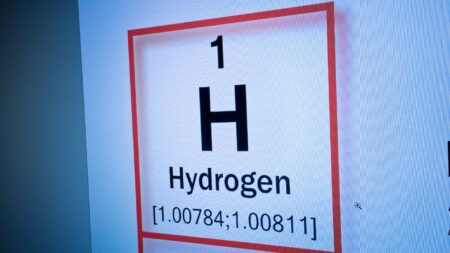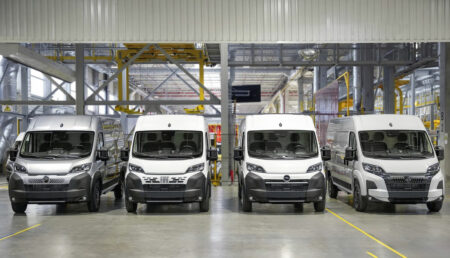Hydrogen can be an economically viable supplement to the power supply at peak times – provided that a reversible power-to-gas plant is used for this purpose.
This is the result of a new study by Mannheim economists Stefan Reichelstein and Gunther Glenk.
In their study, published in the journal Nature Communications, the two authors examine the economic viability for reversible power-to-gas plants using the example of the German and Texas markets in the United States. The advantage of such plants is that they work in two directions: In times of sufficient and cheap supply of wind and solar energy, they can convert electricity to hydrogen. In times of electricity shortage, in turn, they convert hydrogen to electricity – in reverse, so to speak.
“Green hydrogen is often still considered expensive and therefore unprofitable. Reversible plants, however, have the potential to play a key role in securing clean energy supplies in Germany,” says Gunther Glenk.
At present, the use of hydrogen is still associated with high costs because the systems used usually run in only one of the two directions. Gas turbines that generate electricity from hydrogen, for example, would achieve a relatively low utilization rate. They would only come online at times when electricity production from wind and solar power is particularly low, such as on windless, gray winter days. The rest of the time, the plants would remain in standby mode, unused.
A reversible power-to-gas plant, on the other hand, makes it possible to produce sufficient quantities of the hydrogen needed for industrial purposes. On the other hand, the plant can supply missing amounts of electricity when the basic supply from wind and solar energy is just not sufficient. Such systems also increase independence from energy imports from abroad.
European companies are currently leading the way in the production of such systems. According to the study authors, the market still has a lot of development potential. But the more frequently the systems are installed, the more their production costs fall. And the more likely it is that hydrogen will become the energy carrier of the future.








